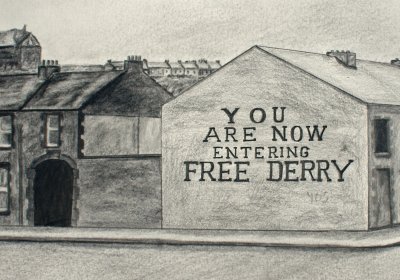On January 30, 1972, British soldiers massacred 14 civilians — six of them teenagers. Stuart Munckton looks at the roots of the British crime and the ongoing struggle for justice 50 years later.
Bloody Sunday
The publication of the Saville Report, the inquiry into the British army massacre of 14 civil rights protestors in Derry in the north of Ireland in 1972, confirmed what the victims’ families had always known — that those shot had been unarmed and posed no threat to the British Parachute Regiment.
On June 15, something amazing happened: British Prime Minister David Cameron apologised for the British army shooting Irish people.
“It was wrong”, said Cameron, after a government inquiry found the British army was responsible for the killing of 14 unarmed civil rights demonstrators, seven of them teenagers, in the 1972 Bloody Sunday massacre in Derry.
On January 30, 1972, up to 30,000 people marched in Derry, in the six Irish counties occupied by Britain, to demand an end to internment, a policy that allowed for the jailing of people without trial.

